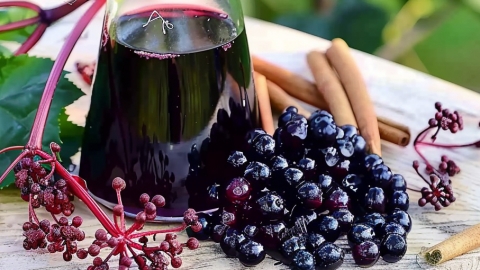Can blueberries whiten teeth?
Generally speaking, blueberries cannot whiten teeth. Long-term or excessive consumption may even affect tooth color. Dental hygiene and moderation are important when consuming blueberries. The specific analysis is as follows:

Blueberries are common fruits containing anthocyanins, vitamin C, and small amounts of sugar. Vitamin C helps maintain healthy gums and reduces the impact of gum problems on the appearance of teeth. Moderate consumption usually does not cause adverse reactions. However, anthocyanins in blueberries are dark pigments that may adhere to the surface of the enamel if teeth are not cleaned promptly after consumption, potentially darkening the tooth color. Additionally, residual sugar from blueberries over time may increase the risk of tooth decay, which can negatively affect both dental health and appearance. Moreover, blueberries do not contain ingredients that can remove dental stains or brighten tooth color, so they cannot achieve a teeth whitening effect.
After eating blueberries, it is recommended to rinse your mouth or brush your teeth promptly to avoid long-term adherence of pigments and sugar to the teeth. In daily life, maintaining white and healthy teeth requires proper brushing, flossing, and reducing the intake of dark-colored foods and sweets.








